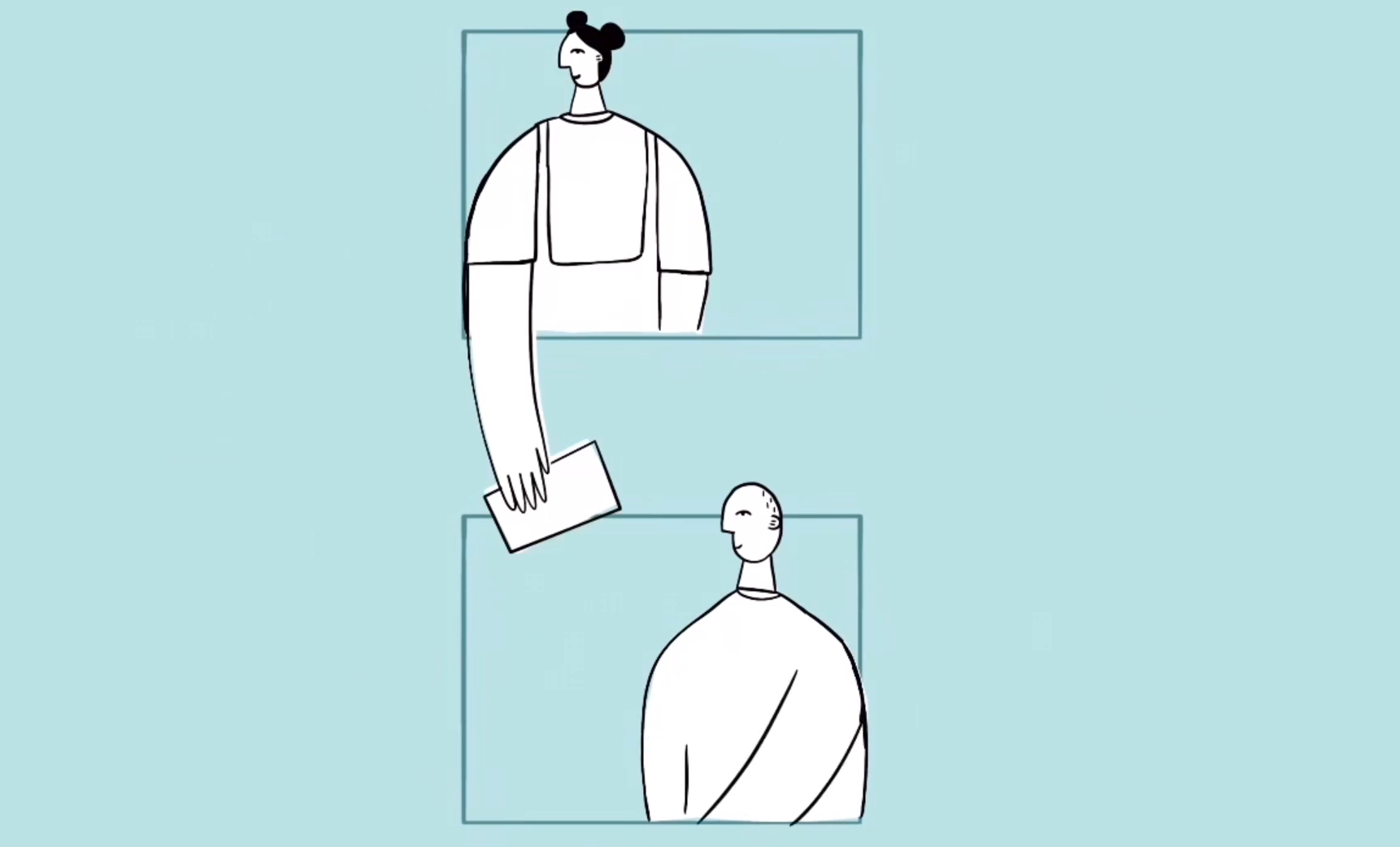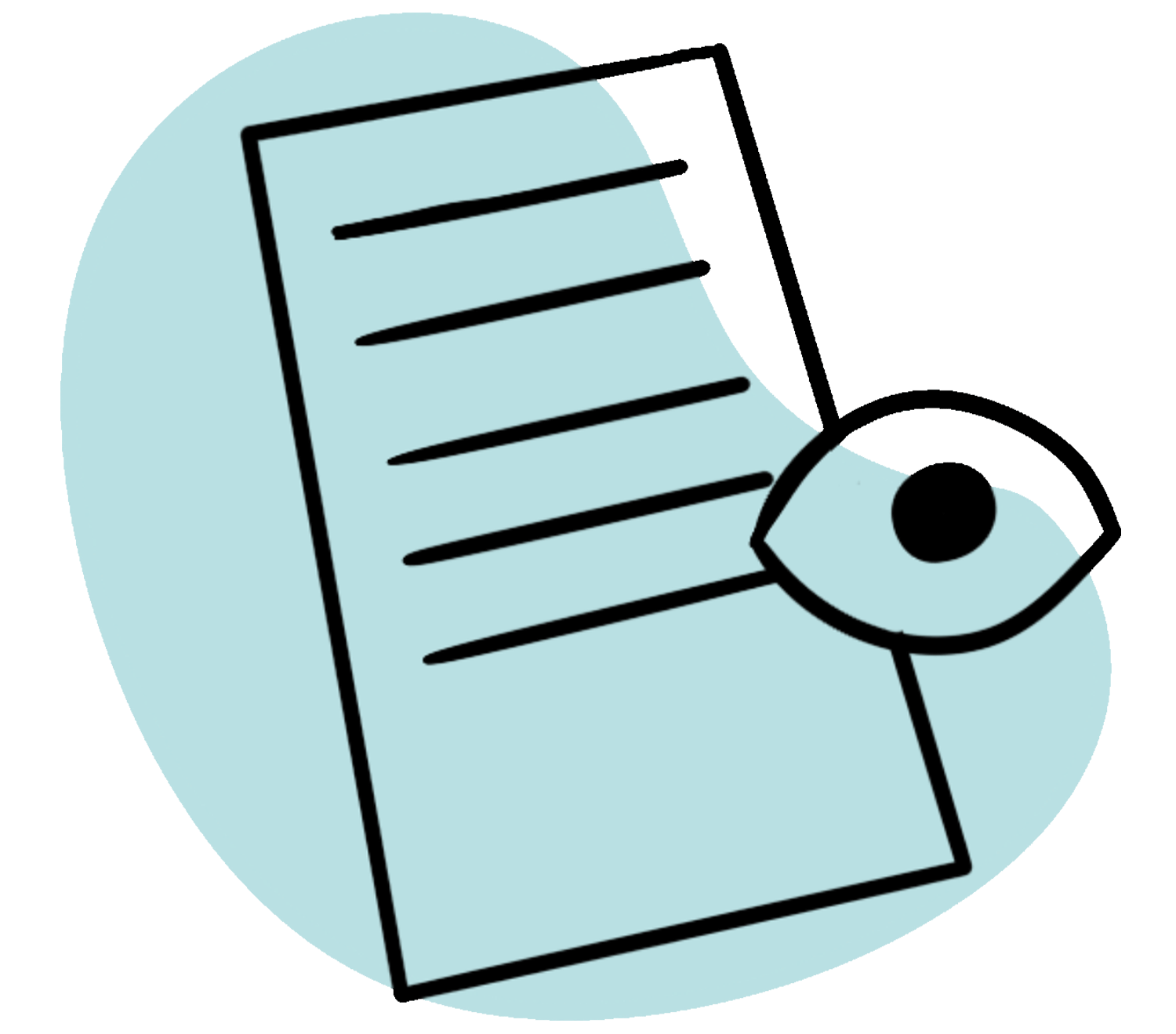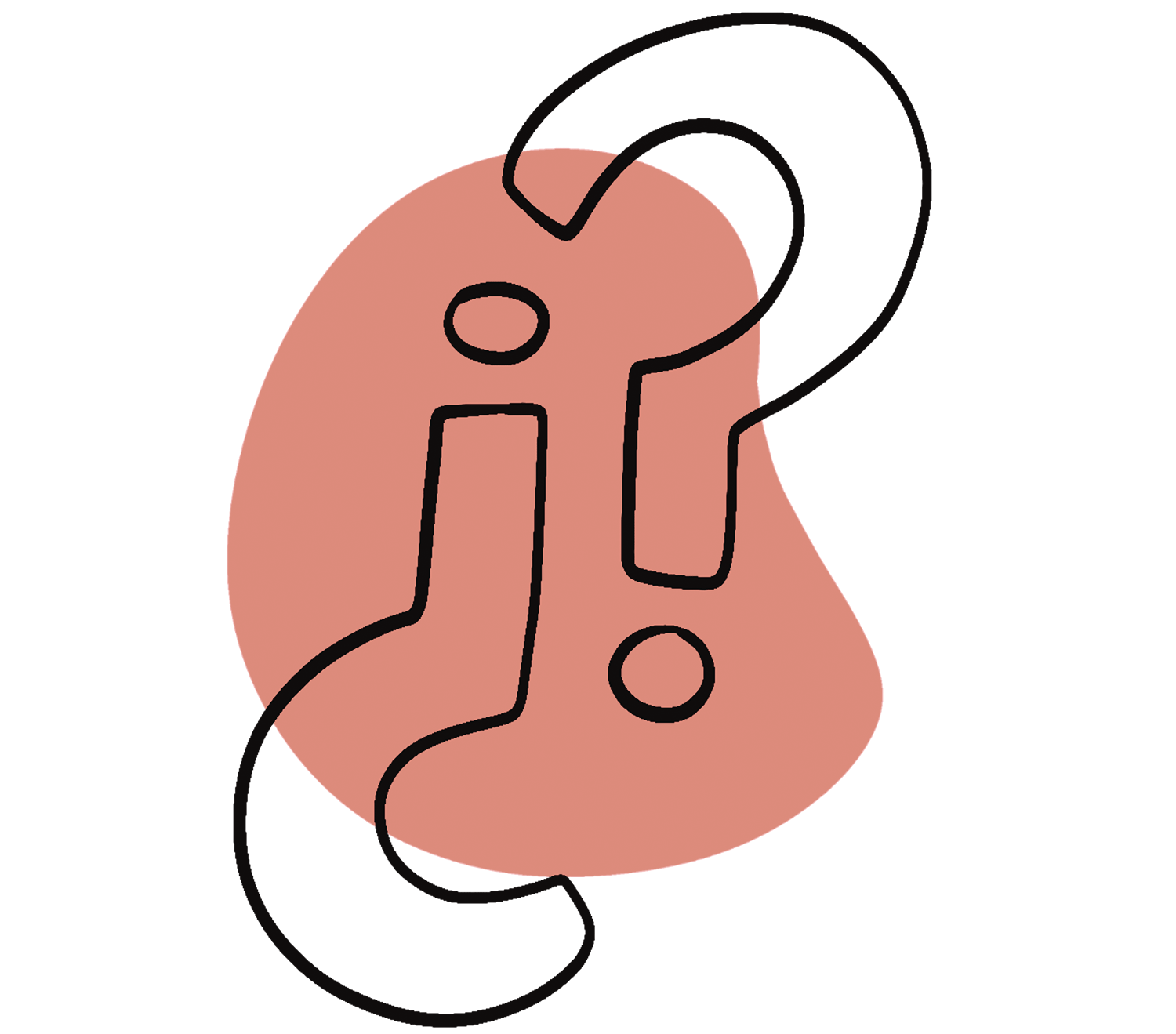The Bietschhorn Model:
Ask yourself the following questions for each point, and revise your text accordingly.
1. Content
- Are content, topic, and research question relevant and aligned?
- Is the content factually and technically correct, and supported by literature or your own research?
2. Thematic development
- Is the thematic focus clear and consistent?
- Is the topic developed and structured in a comprehensible way?
- Are titles and headings meaningful and consistent?
3. Information density and references
- Does the assumed level of prior knowledge match the target group?
- Are references to the literature precise?
- Are assumptions clearly marked and claims identified as such?
4. Reader guidance
- Are text-structuring tools used effectively, such as cross-references or interim summaries?
- Are there enough signals so that readers understand how the individual text parts relate to one another?
- Are terms clearly introduced, defined if necessary, and used consistently?
5. Language
- Are the sentences understandable, concise, and clearly formulated?
- Is the choice of words appropriate?
- Have grammar, spelling, and punctuation been checked and corrected?
6. Text-type specific requirements
- Are your own contribution and your interpretation of the results clearly visible?
- Have you followed formal requirements regarding design, length, citation, and bibliography?
- How do you refer to yourself in the text (impersonal style?) – does this match the requirements of the text and those of your instructors?
To be able to check independently, your supervisors will usually never read through the entire work in advance. Therefore, in the last three to four weeks before submission, a coordination meeting with the examiners will often not take place. Instead, you may be allowed to submit a reading sample early on.
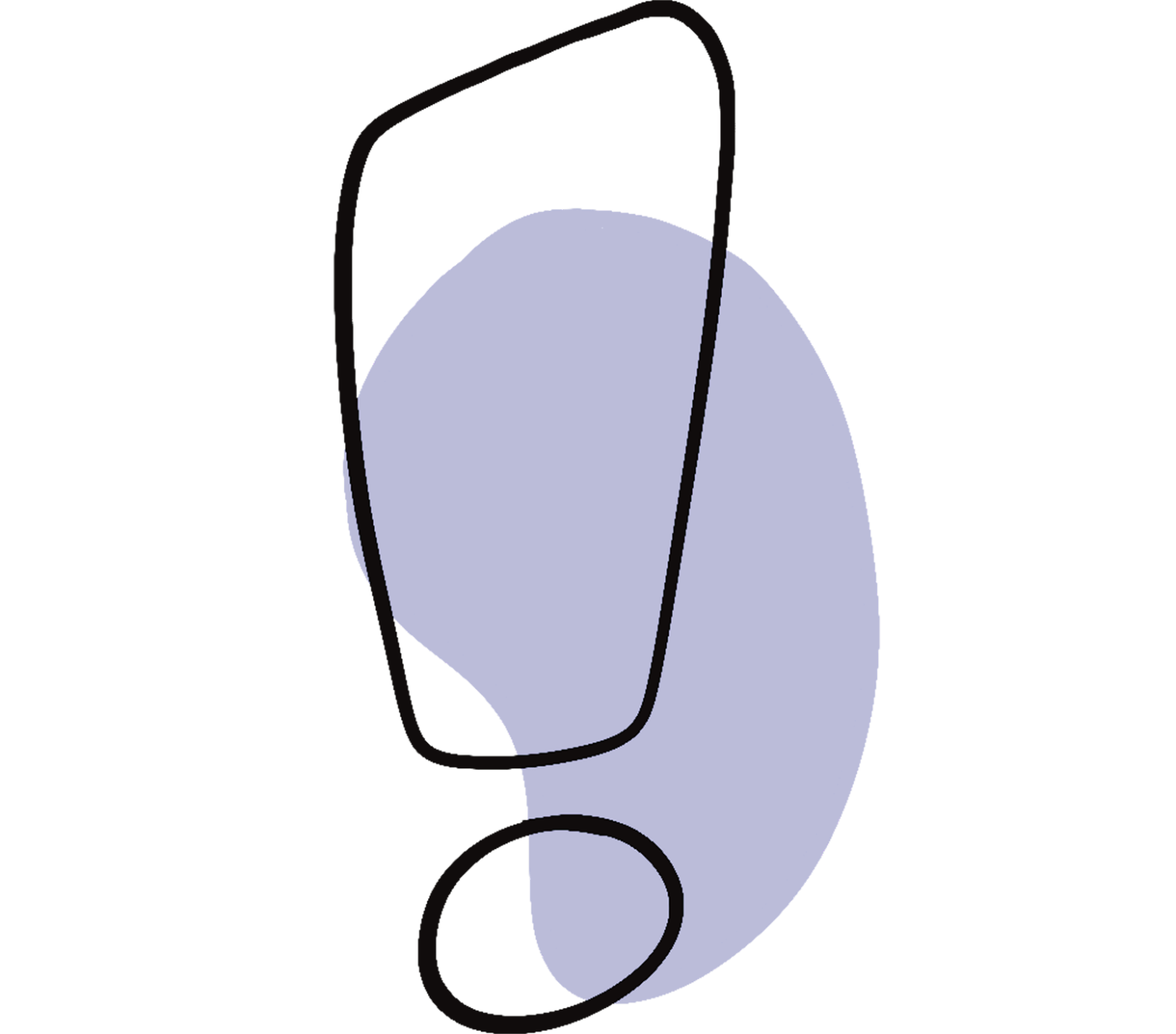
Fellow students, teachers, and colleagues in companies can check factual accuracy, logic, and coherence, while non-experts can focus more on comprehensibility and formal aspects. In the end, however, you decide which revision suggestions you want to accept.
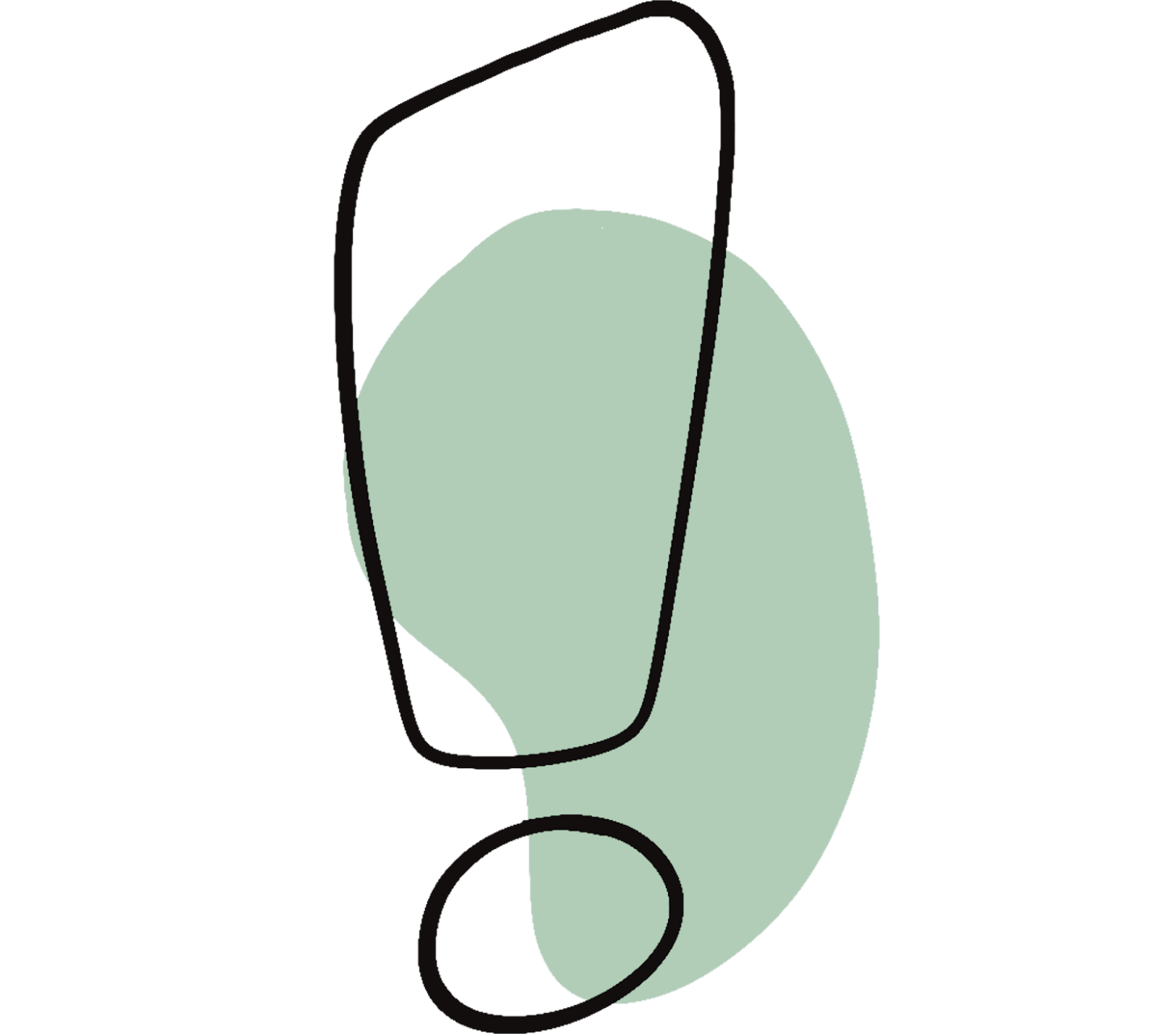
Clarify in advance when they have time for it and how much time per correction is needed. You should also ask in which form the person would like your work (printed or electronic).
Typically, three to seven full revisions are necessary. Each revision can take at least one week (in addition to other work). So plan enough time for this as well.
How does the Bietschhorn Model help me with my revision?
The Bietschhorn Model provides six categories by which you can systematically revise your text. If you carefully check your own text against these points, revisions by others will take less time.
Can non-experts support me with my revision?
Subject experts check your text for factual accuracy, logic, and coherence. Non-experts focus on comprehensibility and formal aspects. Often, non-experts find it easier to check spelling and punctuation.
What should I consider when asking for feedback?
Clarify with your feedback providers what their specific task is, how much time is needed for the correction, and in what form you want to submit your work (e.g. printed or digital).
How much time does a good revision take?
Typically, three to seven full revisions are necessary, each of which can take at least one week.
This article was published in September 2025 and last updated in November 2024.

